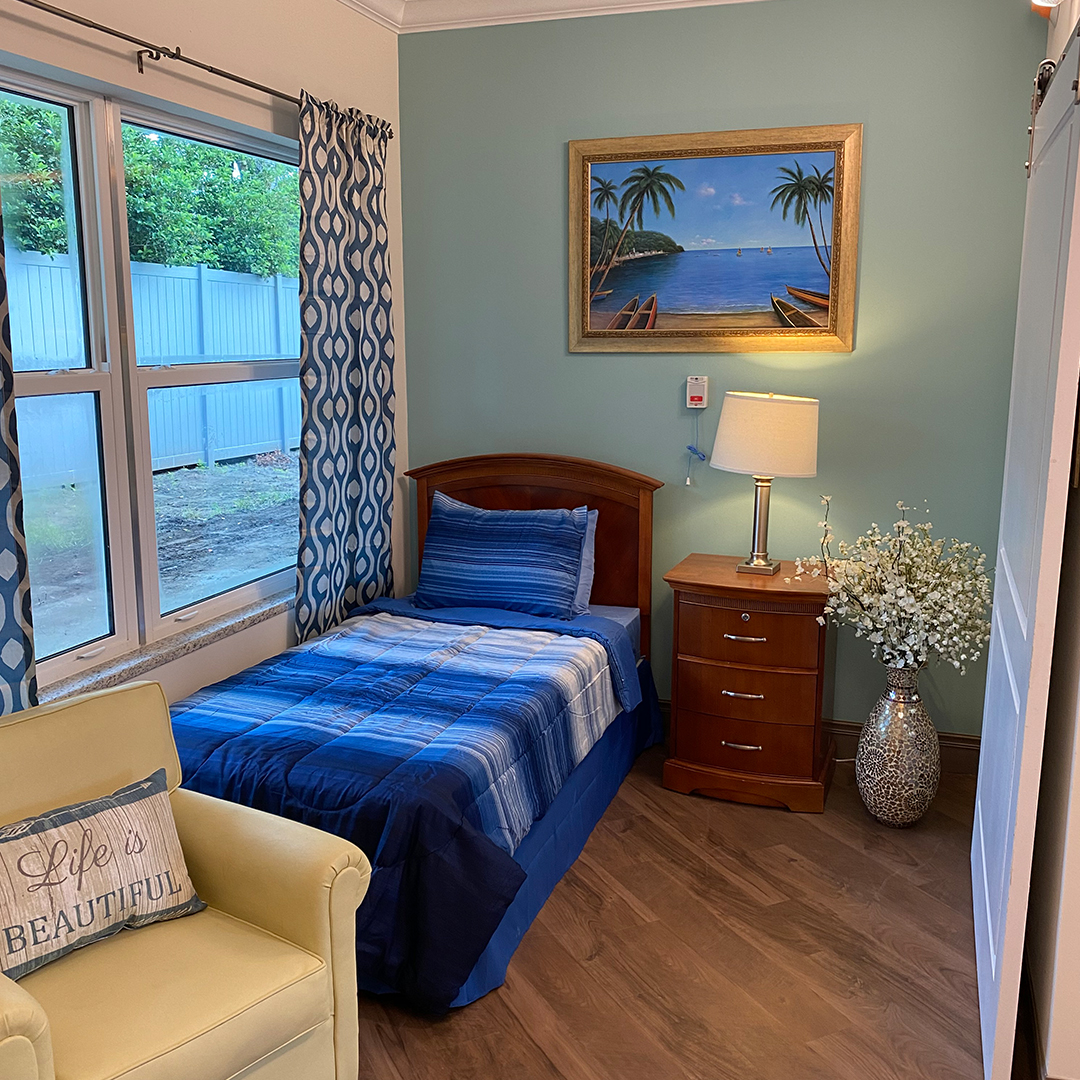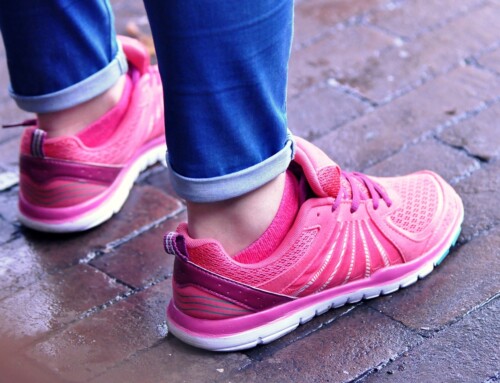There are many options for senior living, especially if the senior citizen in question is still relatively independent and mobile. But whether they live at home or an assisted living center, a good night’s sleep is necessary for overall good health. Not only is sleep essential for physical health, but it is vital for emotional wellbeing as well. Creating an accessible bedroom allows for the atmosphere needed to obtain that needed sleep.

There are many reasons why sleep may be elusive for individuals as they age. There may be a medical condition, or they may suffer from stress. Regardless of the reasons, having a peaceful and safe bedroom is a positive step towards a better night’s sleep. Not only does an accessible bedroom make the evening routine less anxious, but it gives peace of mind which can lead to a more serene sleep. However, many people do not understand the elements needed to create a safe, calm bedroom experience. In this article, we will examine some of the ways to help your loved ones create the space they need to start and end their day.
In Florida, many homes are built with just one level. However, in a two-story house, bedrooms are typically upstairs. If your senior still live in their residence or your home, having a downstairs bedroom is key. Not only does it minimize the risk of injury climbing steps, but it also removes the physical exertion of having to navigate steps. Many two-story Florida homes have a master bedroom downstairs, as well as an office or den. Creating a accessible bedroom downstairs for your elderly family member is a great start.
Universal design features for the disabled and elderly are a great guide to retrofitting a bedroom for a senior citizen. You can make these changes even before they are needed, in anticipation of later years. These renovations will be considered an asset if ever selling the home as well.
Start with a room with as much natural light as possible, which in Florida is relatively standard.
- Widen the doorway to the bedroom, as well as put down hardwood or tile floors to easily roll a wheelchair should that become necessary. Even if a wheelchair is never needed, wider doors can accommodate two adults (if you are assisting them), walkers, and other medical equipment such as oxygen tanks. The recommended minimum dimensions are enough open space for a wheelchair’s 5-foot turn radius, 3 feet of clearance around the bed, and doorways at least 3 feet wide.
- Provide easy access to a bathroom if possible. Most ground floor masters will already have an attached bathroom, or you can look into connecting a downstairs bath and an adjoining space that can be used as a bedroom. Install grab bars from the bed to the bathroom, as well as next to the toilet. These grab bars can help keep your loved ones safe and stable, especially if they are getting up to use the bathroom in the middle of the night. You can even line the grab bars or handrails with a soft lighting system so they can easily find them and navigate back and forth. If you are moving into an assisted living facility, you may need to request the installation of grab bars, but they are an important safety feature.
- One of the more dangerous aspects of any room is clutter that can be tripped over. Be sure to keep the room as clutter-free as possible and have baskets or bins to throw random items to get them up off of the floor. If the senior lives with you, periodically check that all pathways and hallways are clear. If they live in assisted living, keep clutter to a minimum so that the chance of tripping and falling is reduced. To maximize space in the bedroom, use easy access drawers and modify the closet. Avoid storing things under the bed or too far overhead, as your senior could be injured trying to reach something in those spaces.
- A comfortable and accessible bed is one of the most essential components of the bedroom. Be sure that you choose a bed that is no higher than the height of the wheelchair. If you feel the bed is unsafe, you may need ceiling lifts or additional grab bars to help them safely get in and out of bed.
- On the nightstand – and well within reach – be sure to have additional lighting, a phone, and a way to sound an alarm if needed. An alarm system may be a life-alert type pendant or a button to alert family members or assisted living staff if there is an emergency.
While these changes may seem daunting at first, they will allow your senior loved one to stay home safely for a more extended period. Should a move to assisted living or memory care be necessary, be sure to discuss all of these accessible features with any potential home to ensure that your loved one is as safe as possible.
A Banyan Residence is a professional assisted living and memory care facility in The Villages. We are committed to the overall health, wellness, and fulfillment of all our residents. Call today for more information.







